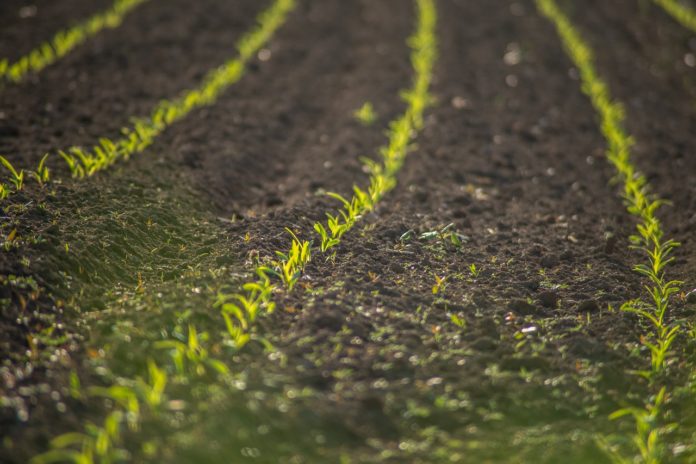by Jay Watson, Co-Executive Director, New Jersey Conservation Foundation
Think of a farm, and you may picture rolling fields with rows of vegetables, orchards of fruit and nut trees, and bucolic pastures with cows and sheep.
But farms in the Garden State often include a whole lot more: roadside stands, greenhouses, corn mazes, hay wagon rides, markets selling everything from baked goods to gourmet cheeses, farm animal petting displays, tasting rooms for farm-made beer, cider and wine, and parking for all these activities.
It’s widely recognized that such amenities – often called “agritourism” – give farms an economic shot in the arm. But how much is too much on land that is permanently preserved for agriculture using taxpayer dollars?
That’s a question New Jersey’s farmland preservation program has grappled with for many years. The answer has to do with safeguarding the fertile soils that made the farms worth preserving in the first place – and a New Jersey Supreme Court mandate to set a limit on soil disturbance.
Approximately 2,800 farms have been permanently preserved in New Jersey since the state’s farmland preservation program began 40 years ago, using over $1.8 billion in public funds. One big reason these farms were preserved is because their soils are the best quality for growing local foods.
The Supreme Court order to protect soils on preserved farms came in 2018 after a lengthy legal battle over severe soil destruction on preserved farmland in Hunterdon County. In its ruling, the Supreme Court said, “The preservation of high-quality soil and open space for future generations is one of the chief aims of the Farmland Preservation Program.”
The court directed the State Agriculture Development Committee (SADC), which runs the farmland preservation program, to adopt clear soil protection standards for preserved farms.
This summer, the state released a set of proposed standards that would allow 12% of a preserved farm’s soils to be disturbed. This, in effect, puts a limit on building coverage, and on the excavation, leveling and stockpiling of soil. The proposed rules would allow farm owners to apply for waivers to exceed the disturbance limit to a maximum of 15%, depending on circumstances. The rules also set out procedures for rehabilitating disturbed soils so they no longer count toward the limit.
Soil protection advocates – including New Jersey Conservation Foundation – had wanted even stronger protections, but are urging the state to adopt the current proposal. It is critical that some measure of soil protection be put in place without delay, as degraded soils are extremely difficult to restore and can limit the ability of the land to grow food in the future.
“It’s clear that we need limits on disturbance to protect fertile soils,” said Jim Waltman, executive director of the nonprofit Watershed Institute in Pennington, and a former member of the SADC who worked on soil protection issues for more than a decade. “It’s almost impossible to bring soils back once they’re destroyed.”
It should be noted that the federal government’s farmland preservation program, run by the U.S. Department of Agriculture, has already put stronger standards in place to protect soils.
The proposed New Jersey rules are a step forward in keeping the “garden” in the Garden State. Top quality soils for growing food are increasingly rare, which is why they need to be valued and protected. And because farms with the highest quality soils get priority for state preservation funding, it makes sense to protect the taxpayers’ investment.
Speak out for protecting soils on preserved farms! All New Jerseyans are affected by these soil standards, since we all have to eat. Let’s safeguard the fertile, preserved soils that can feed our state, now and in the future.
To learn more about the proposed rules, go to the SADC website at https://www.nj.gov/agriculture/sadc/farmpreserve/soilprotection/index.html. To comment on the proposed rules, send an email to [email protected]. The deadline for public comments is Nov. 6.
For more information about preserving New Jersey’s land and natural resources – including farmland with quality soils – visit the New Jersey Conservation Foundation website at www.njconservation.org or contact me at [email protected].


